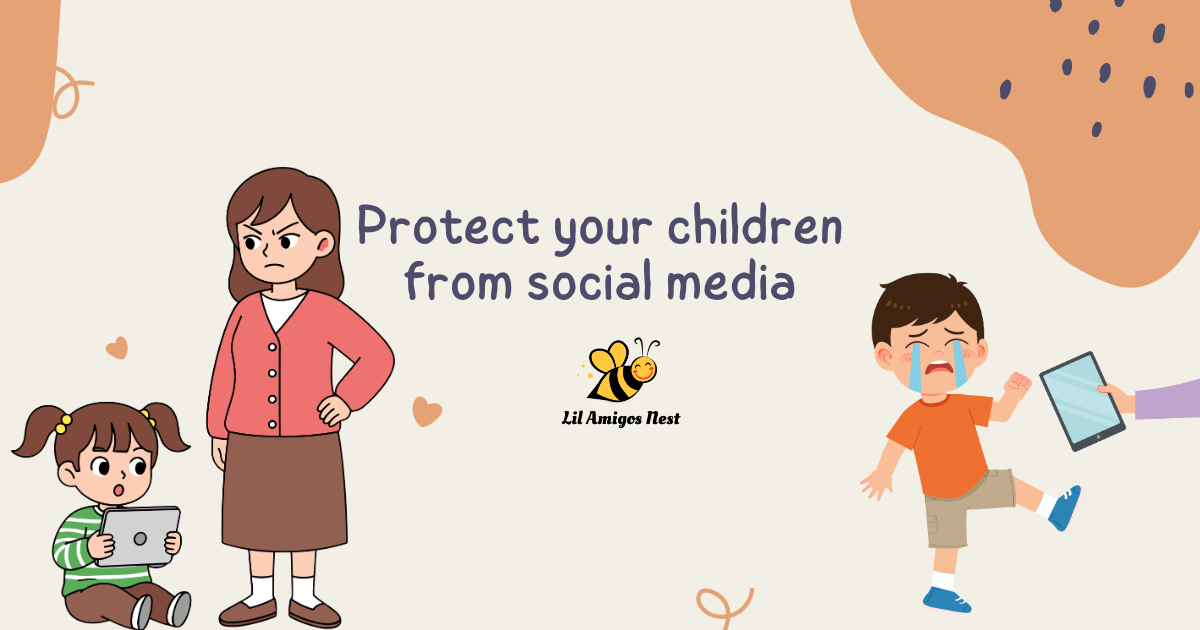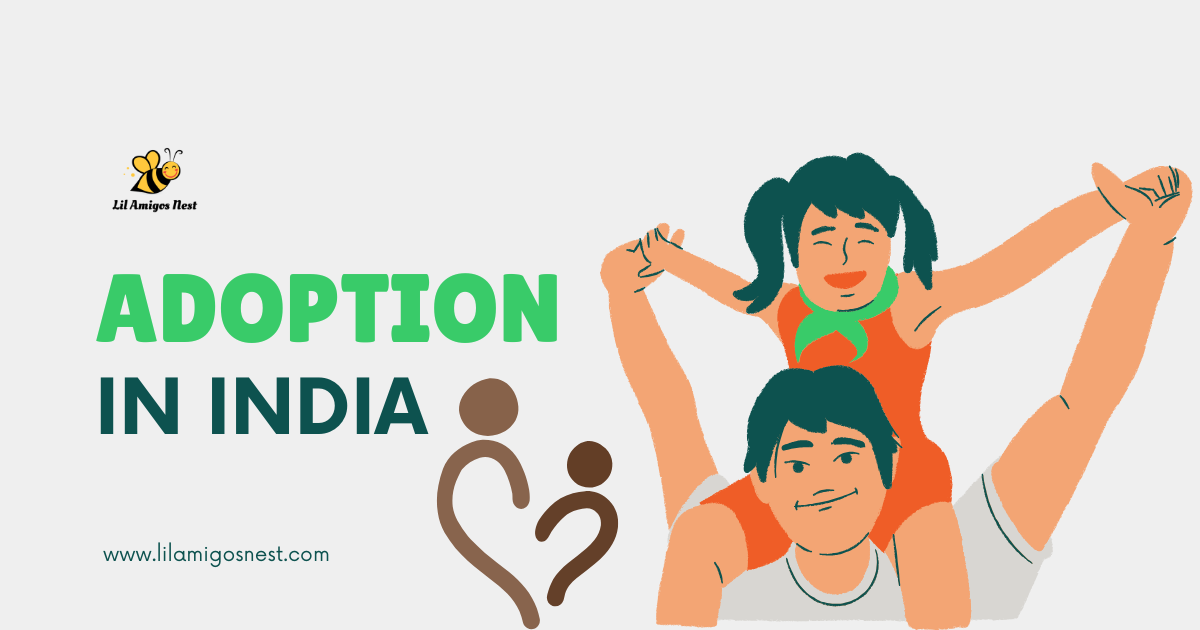Is It Safe to Drink Coffee and Chai During Pregnancy?

Pregnancy is an exciting journey, but it comes with many questions about what’s safe for you and your baby. One common concern is whether you can enjoy your morning coffee or a warm cup of chai during pregnancy. In this pregnancy blog, we’ll dive into the facts about coffee for pregnancy and chai during pregnancy to give you clear, confident answers. With the right pregnancy tips, you can make informed choices about your pregnancy food and drinks, ensuring both you and your baby stay healthy. So, let’s explore whether is coffee good for pregnant women and if chai is a safe option!
Many expecting moms wonder about tips for pregnant women when it comes to their favorite beverages. Coffee and chai are staples for many, but during pregnancy, you might worry about their effects. The good news? You don’t have to completely give up coffee for pregnancy or chai during pregnancy! By understanding the science and following some simple pregnancy tips, you can enjoy these drinks safely. This pregnancy blog will break down everything you need to know about pregnancy food and drink choices, so you can sip with confidence.
Understanding Caffeine and Pregnancy
Caffeine is the main ingredient in both coffee and chai (since chai is made with black tea, which contains caffeine). It’s a stimulant that can pass through the placenta to your baby. Because a baby’s body is still developing, it can’t process caffeine as quickly as an adult’s body can. This is why experts recommend limiting caffeine during pregnancy.
The American College of Obstetricians and Gynecologists (ACOG) says that pregnant women can safely consume up to 200 milligrams of caffeine per day. That’s about one 12-ounce cup of coffee or two to three cups of chai, depending on how strong they are. Staying within this limit is key to keeping your baby safe while still enjoying your favorite drinks.
Is Coffee Safe During Pregnancy?
Coffee lovers, rejoice! Drinking coffee in moderation is perfectly safe during pregnancy. A small cup of coffee each day can give you a much-needed energy boost without harming your baby. Studies show that low to moderate caffeine intake (under 200 mg daily) doesn’t increase the risk of miscarriage, preterm birth, or low birth weight.
However, not all coffee is created equal. A grande latte from a coffee shop might have more caffeine than a homemade cup. Here’s a quick guide to caffeine in coffee:
-
Brewed coffee (8 oz): 95–165 mg
-
Espresso (1 oz): 47–64 mg
-
Instant coffee (8 oz): 27–173 mg
To stay safe, check the caffeine content of your coffee and stick to one small serving per day. Also, avoid high-caffeine energy drinks or specialty coffees with multiple espresso shots, as these can quickly push you over the limit.
Is Chai Safe During Pregnancy?
Chai, a spiced tea made with black tea, milk, and spices like cardamom, cinnamon, and ginger, is a comforting drink for many. The good news is that chai is generally safe during pregnancy, as long as you keep an eye on the caffeine content. Black tea in chai has less caffeine than coffee—about 25–50 mg per 8-ounce cup—so you can often enjoy a couple of cups without worry.
Chai also has some bonus benefits! Spices like ginger can help with morning sickness, and cinnamon may support healthy blood sugar levels. However, some store-bought or café chai blends might contain extra sugar or even hidden caffeine sources, so always check the ingredients. Homemade chai is a great option because you can control the tea strength, spices, and sweetness.
Tips for Drinking Coffee and Chai Safely
To enjoy coffee and chai during pregnancy without stress, follow these simple tips:
-
Stick to the 200 mg Limit: Track your caffeine intake from all sources, including coffee, chai, soda, chocolate, and even some medications.
-
Choose Decaf or Half-Caf: Decaf coffee or tea still has trace amounts of caffeine, but it’s a great way to enjoy the taste with less worry. Half-caf (half regular, half decaf) is another good compromise.
-
Make It at Home: Homemade coffee and chai let you control the strength and ingredients. Use decaf tea for chai or brew your coffee weaker to lower caffeine.
-
Balance with Hydration: Caffeine can dehydrate you, so drink plenty of water alongside your coffee or chai to stay hydrated.
-
Watch for Other Ingredients: Avoid chai blends with herbs like licorice root or excessive sugar, which may not be ideal during pregnancy.
Benefits of Coffee and Chai During Pregnancy
When consumed in moderation, coffee and chai can offer some surprising benefits for pregnant women. Coffee can improve your mood and focus, which is helpful when pregnancy fatigue hits. It’s also rich in antioxidants, which support overall health. Chai’s spices, like ginger and cardamom, can ease nausea and aid digestion—common pregnancy complaints.
Plus, let’s be honest: a warm cup of coffee or chai can be a comforting ritual during the ups and downs of pregnancy. As long as you’re staying within the caffeine limit, these drinks can be a safe and enjoyable part of your routine.
Risks of Too Much Caffeine
While moderate caffeine is safe, going over the 200 mg limit can pose risks. High caffeine intake has been linked to:
-
Increased risk of miscarriage (in very high amounts)
-
Low birth weight
-
Sleep problems for you and your baby
-
Increased heart rate or jitteriness
To avoid these risks, be mindful of your total caffeine intake. If you’re unsure how much caffeine is in your drinks, err on the side of caution and choose decaf or caffeine-free options.
Alternatives to Coffee and Chai
If you’re worried about caffeine or just want to mix things up, try these pregnancy-safe alternatives:
-
Herbal Teas: Look for caffeine-free teas like peppermint, chamomile, or rooibos. Always check with your doctor, as some herbs (like raspberry leaf) may not be safe early in pregnancy.
-
Golden Milk: This warm drink made with turmeric, milk, and spices is caffeine-free and anti-inflammatory.
-
Decaf Coffee or Tea: Decaf versions let you enjoy the flavor without the caffeine.
-
Fruit-Infused Water: Add slices of lemon, cucumber, or berries to water for a refreshing, hydrating drink.
Common Myths About Coffee and Chai During Pregnancy
There are plenty of myths about coffee and chai during pregnancy. Let’s bust a few:
-
Myth: Any caffeine will harm your baby.
Fact: Up to 200 mg of caffeine daily is safe, according to experts. -
Myth: Chai is always safer than coffee.
Fact: Chai has caffeine too, so you need to monitor it just like coffee. -
Myth: You must quit coffee and chai completely.
Fact: Moderation is key—you don’t have to give them up entirely!
What Do Experts Say?
Leading health organizations, like ACOG and the World Health Organization (WHO), agree that moderate caffeine intake is safe during pregnancy. However, they stress the importance of staying under 200 mg per day. Always talk to your doctor or midwife about your specific needs, as every pregnancy is different.
Listen to Your Body
Every pregnant woman reacts to caffeine differently. Some may feel jittery or have trouble sleeping even with small amounts, while others tolerate it well. Pay attention to how coffee or chai makes you feel. If you notice any discomfort, cut back or switch to decaf. Your body knows best!
Conclusion
Pregnancy doesn’t mean you have to say goodbye to coffee or chai. With the right approach, you can safely enjoy these drinks while keeping your baby healthy. Stick to the 200 mg caffeine limit, choose homemade or low-caffeine options, and balance your drinks with plenty of water and nutritious foods. By following these tips, you can savor your favorite beverages with confidence and peace of mind. Cheers to a happy, healthy pregnancy!






















Please complete your information below to login.
Sign In
Create New Account